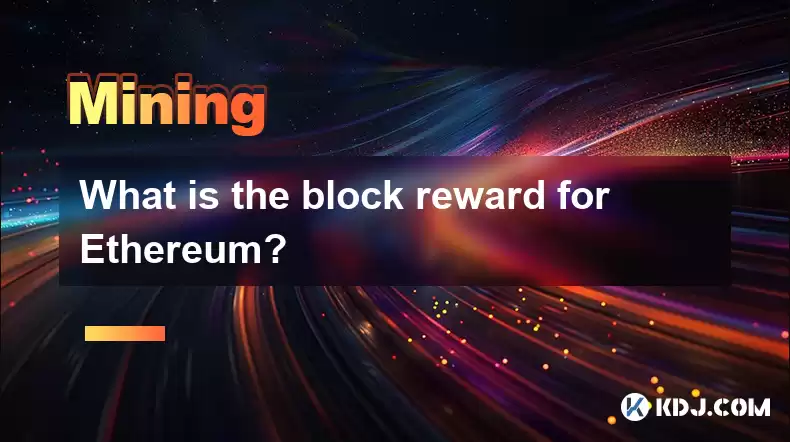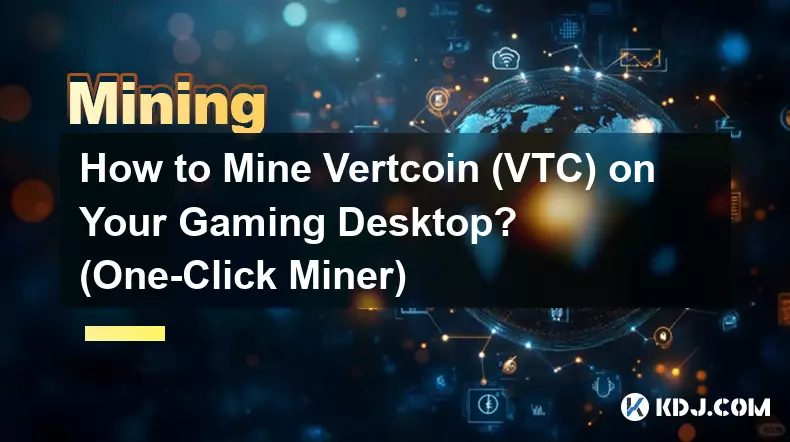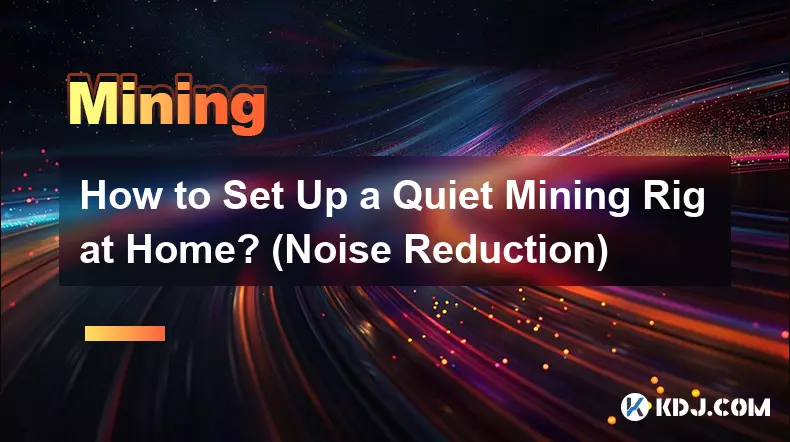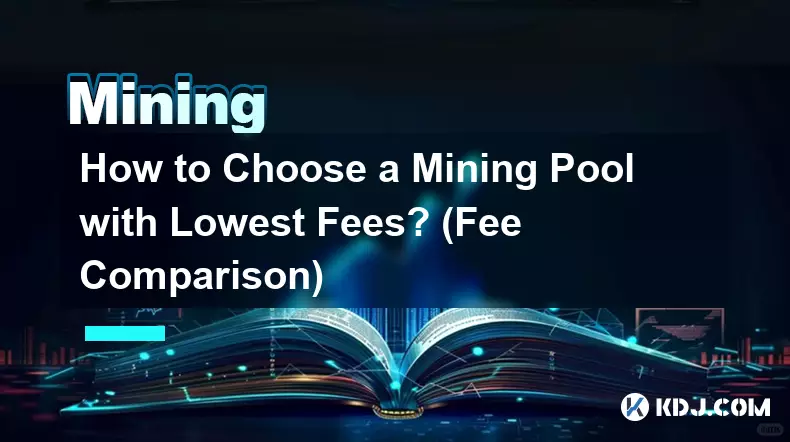-
 bitcoin
bitcoin $87959.907984 USD
1.34% -
 ethereum
ethereum $2920.497338 USD
3.04% -
 tether
tether $0.999775 USD
0.00% -
 xrp
xrp $2.237324 USD
8.12% -
 bnb
bnb $860.243768 USD
0.90% -
 solana
solana $138.089498 USD
5.43% -
 usd-coin
usd-coin $0.999807 USD
0.01% -
 tron
tron $0.272801 USD
-1.53% -
 dogecoin
dogecoin $0.150904 USD
2.96% -
 cardano
cardano $0.421635 USD
1.97% -
 hyperliquid
hyperliquid $32.152445 USD
2.23% -
 bitcoin-cash
bitcoin-cash $533.301069 USD
-1.94% -
 chainlink
chainlink $12.953417 USD
2.68% -
 unus-sed-leo
unus-sed-leo $9.535951 USD
0.73% -
 zcash
zcash $521.483386 USD
-2.87%
What is the block reward for Ethereum?
Emerging from the depths of blockchain technology, the Ethereum block reward system aligns with the critical role of miners, rewarding them for their efforts in securing the network's integrity and processing vital transactions.
Feb 19, 2025 at 06:30 pm

- Definition and significance of block reward
- Ethereum's block reward mechanism
- Calculation of Ethereum's block reward
- Historical evolution of Ethereum's block reward
- Factors influencing Ethereum's block reward
In the world of cryptocurrency mining, the block reward refers to the incentive awarded to miners for successfully adding new blocks to the blockchain. This reward incentivizes miners to dedicate computational resources to process and validate transactions, ensuring the security and integrity of the distributed ledger system.
Ethereum's Block Reward MechanismEthereum's block reward mechanism is designed to provide miners with an economic incentive while maintaining the network's stability and security. The block reward currently comprises two components:
- Base Reward: A fixed amount awarded for the successful mining of each block. This reward is initially set at 2 ETH per block.
- Transaction Fees: Additional rewards earned by miners for including transactions in the blocks they mine. These fees vary based on network congestion and transaction demand.
The total block reward for Ethereum can be calculated as follows:
Total Block Reward = Base Reward + Transaction Fees
For example, if the base reward is 2 ETH and the transaction fees in a block amount to 0.5 ETH, the total block reward for that specific block would be 2.5 ETH.
Historical Evolution of Ethereum's Block RewardEthereum's block reward has undergone several adjustments since its inception:
- 2015 Genesis Block: The block reward was initially set at 5 ETH when Ethereum was launched in 2015.
- 2017 Ethereum Improvement Proposal (EIP) 1559: Introduced a mechanism to burn part of the transaction fees, reducing the overall block reward.
- 2021 EIP-1559 Update: Further refined the fee-burning mechanism, resulting in a more stable block reward.
Several factors can influence Ethereum's block reward:
- Network Hash Rate: The total computational power dedicated to mining Ethereum affects the difficulty of block mining, which in turn impacts the block reward.
- Transaction Volume: High demand for transactions on the Ethereum network leads to increased transaction fees, potentially boosting the block reward.
- Cryptocurrency Market Conditions: The overall crypto market performance can influence the value of ETH, which affects the profitability of mining and thus the block reward.
A block reward provides economic incentives to miners, encouraging them to participate in the blockchain network and ensure its security.
2. How is Ethereum's block reward calculated?Ethereum's block reward is calculated by adding the current base reward to the transaction fees included in each mined block.
3. Why has Ethereum's block reward changed over time?Over time, adjustments have been made to Ethereum's block reward mechanism to optimize network stability and security while adapting to changing market conditions.
Disclaimer:info@kdj.com
The information provided is not trading advice. kdj.com does not assume any responsibility for any investments made based on the information provided in this article. Cryptocurrencies are highly volatile and it is highly recommended that you invest with caution after thorough research!
If you believe that the content used on this website infringes your copyright, please contact us immediately (info@kdj.com) and we will delete it promptly.
- Ilocos Norte's Vibrant Festival Immortalized on New P100 Coin by BSP
- 2026-02-02 21:55:01
- The Warsh Effect: Bitcoin Takes a Dive as Fed Nominee Sparks Crypto Wipeout
- 2026-02-02 22:05:01
- Your Pocket Change Could Be Gold: Spotting the Valuable £2 Coin Error
- 2026-02-02 22:40:02
- ZAMA Token Launches Globally, Ushering in a New Era for Confidential Blockchains
- 2026-02-02 22:40:02
- LBank Elevates DeFi with GOLDEN FI (GLINK) Listing, Bridging Real-World Assets to the Blockchain
- 2026-02-02 21:30:02
- US Investors Pull Billions from Crypto Funds Amidst Shifting Sentiment, CoinShares Report Highlights
- 2026-02-02 22:35:00
Related knowledge

How to Spot a Cloud Mining Scam? (Red Flags to Watch For)
Feb 02,2026 at 08:20am
Unrealistic Return Promises1. Platforms advertising guaranteed daily returns above 1–2% without disclosing underlying hardware, electricity costs, or ...

How to Earn Passive Income with DePIN Mining? (New Trend 2026)
Feb 01,2026 at 12:40pm
Understanding DePIN Mining Mechanics1. DePIN mining relies on real-world infrastructure participation rather than computational hashing. Users deploy ...

How to Mine Vertcoin (VTC) on Your Gaming Desktop? (One-Click Miner)
Feb 02,2026 at 03:39am
Understanding Vertcoin's Mining Algorithm1. Vertcoin uses the Verthash algorithm, which is intentionally memory-hard and designed to resist ASIC domin...

How to Set Up a Quiet Mining Rig at Home? (Noise Reduction)
Feb 01,2026 at 11:00pm
Acoustic Enclosure Design1. Use rigid, dense materials such as MDF or acoustic-grade plywood for the enclosure walls to block mid-to-high frequency no...

How to Choose a Mining Pool with Lowest Fees? (Fee Comparison)
Feb 02,2026 at 02:39am
Understanding Mining Pool Fee Structures1. Pool operators charge fees to cover infrastructure, maintenance, and administrative costs. These fees manif...

How to Mine Bitcoin on Mac (M1/M2/M3)? (Software Tutorial)
Feb 01,2026 at 07:19pm
Understanding Bitcoin Mining on Apple Silicon1. Bitcoin mining relies on solving cryptographic puzzles using computational power, and Apple’s M1, M2, ...

How to Spot a Cloud Mining Scam? (Red Flags to Watch For)
Feb 02,2026 at 08:20am
Unrealistic Return Promises1. Platforms advertising guaranteed daily returns above 1–2% without disclosing underlying hardware, electricity costs, or ...

How to Earn Passive Income with DePIN Mining? (New Trend 2026)
Feb 01,2026 at 12:40pm
Understanding DePIN Mining Mechanics1. DePIN mining relies on real-world infrastructure participation rather than computational hashing. Users deploy ...

How to Mine Vertcoin (VTC) on Your Gaming Desktop? (One-Click Miner)
Feb 02,2026 at 03:39am
Understanding Vertcoin's Mining Algorithm1. Vertcoin uses the Verthash algorithm, which is intentionally memory-hard and designed to resist ASIC domin...

How to Set Up a Quiet Mining Rig at Home? (Noise Reduction)
Feb 01,2026 at 11:00pm
Acoustic Enclosure Design1. Use rigid, dense materials such as MDF or acoustic-grade plywood for the enclosure walls to block mid-to-high frequency no...

How to Choose a Mining Pool with Lowest Fees? (Fee Comparison)
Feb 02,2026 at 02:39am
Understanding Mining Pool Fee Structures1. Pool operators charge fees to cover infrastructure, maintenance, and administrative costs. These fees manif...

How to Mine Bitcoin on Mac (M1/M2/M3)? (Software Tutorial)
Feb 01,2026 at 07:19pm
Understanding Bitcoin Mining on Apple Silicon1. Bitcoin mining relies on solving cryptographic puzzles using computational power, and Apple’s M1, M2, ...
See all articles










































































